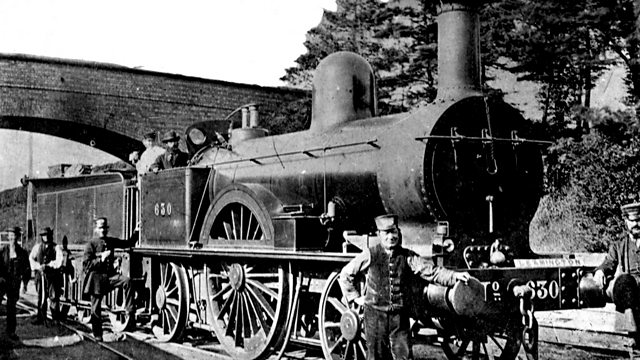
Victorian Search Engines
Writer Ken Hollings asks how much of our thinking about information networks has been influenced by the past.
Writer Ken Hollings unlocks the history, power and revolutionary change of our modern information networks.
Today the business and academic communities embrace the 'networks' with the same fervor they once showed the electronic media of the 1960s. Thanks to the internet they have the basic model for 'crowd sourcing', 'data farming' and other forms of research. Online communities of 'netizens' continue to multiply and flourish, offering new perspectives on consumption, relationships, political participation and mass communication. The networks today seem ubiquitous and omnipotent: but do they represent a cultural revolution or a total regime change? And what do we understand of their history or their power? Who and what, finally, do the networks connect us to?
2 'Victorian Search Engines.' Sherlock Holmes had his gazetteers, almanacs and timetables; the City had its Stock Exchange, the Parisians had their pneumatiques and Morse had his code; the early telegraph wires followed the existing network of railways throughout the country, receiving, storing and sending on information. All these examples indicate not just ways of distributing data but also ways of thinking. How much of our own thinking about networks has been influenced by the past?
Last on
More episodes
Broadcast
- Tue 22 Mar 2011 23:00大象传媒 Radio 3
Death in Trieste
Watch: My Deaf World
The Book that Changed Me
Five figures from the arts and science introduce books that changed their lives and work.
Podcast
-
![]()
The Essay
Essays from leading writers on arts, history, philosophy, science, religion and beyond.




